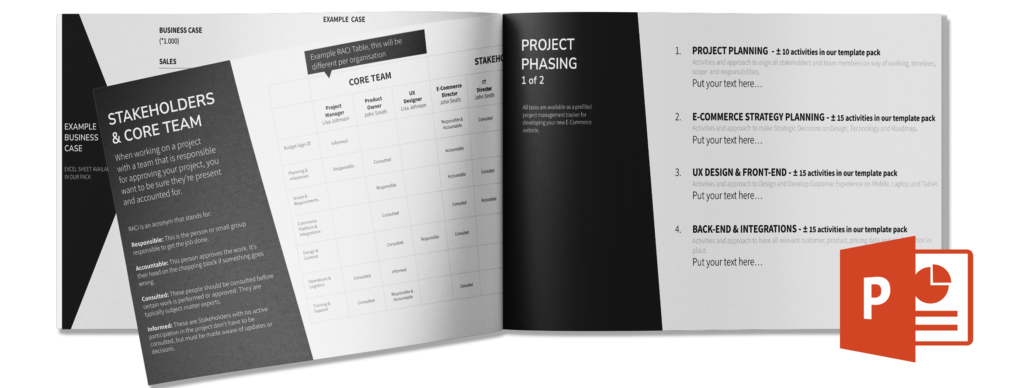Order fulfillment is the process of receiving and processing customer orders, including the procurement of goods, the preparation of those goods for delivery, and the delivery of the goods to the customer. This process can involve a variety of activities, such as sourcing and purchasing goods, storing and organizing inventory, packing and shipping orders, and managing returns and exchanges. Order fulfillment is a critical part of the customer experience and can have a significant impact on customer satisfaction and loyalty. Efficient and effective order fulfillment can help businesses to improve their operations, reduce costs, and increase sales. Be sure to address this topic in your E-Commerce Project Plan, because it also impacts the tasks for your team.
There are several key logistics steps involved in e-commerce fulfillment when running a webstore. These steps can include:
- Receiving and processing customer orders: When a customer places an order on the webstore, the order information is typically received and processed by the website’s order management system. This may involve verifying the customer’s payment information, checking the availability of the products, and calculating the total cost of the order.
- Picking and packing the order: Once an order has been processed, the products in the order need to be picked and packed for shipment. This typically involves retrieving the products from the warehouse or inventory storage, and packing them into a suitable container for shipping.
- Shipping the order: After the order has been picked and packed, it is ready to be shipped to the customer. This typically involves arranging for a shipping carrier to pick up the order and deliver it to the customer’s address.
- Tracking and managing the order: Throughout the fulfillment process, the status of the order should be tracked and managed to ensure that it is being handled correctly and delivered on time. This may involve monitoring the order as it moves through the fulfillment process, and providing updates to the customer about the status of their order.

Overall, e-commerce fulfillment involves a complex set of logistics steps that are essential for ensuring that customers receive their orders quickly and accurately. By managing these steps effectively, webstore operators can provide a positive customer experience and build customer loyalty.


